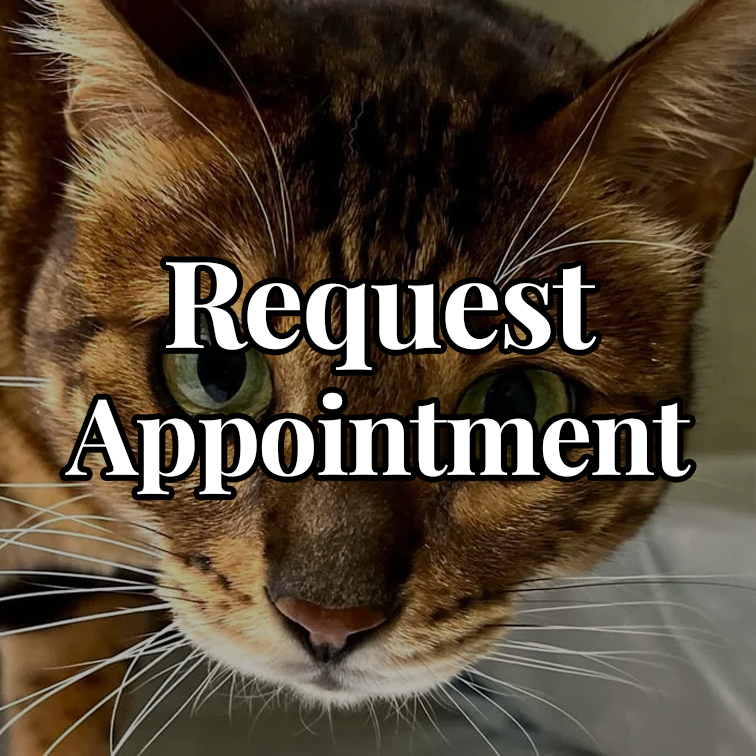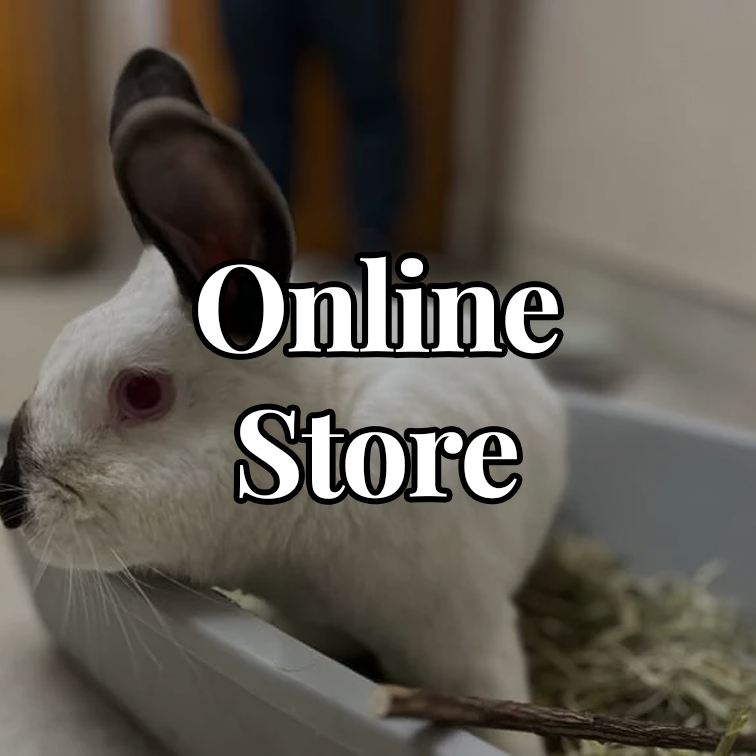- Home
- Who We Are
- What We Do
- Resources
- Forms
- Authorization for Medical Treatment
- Boarding Check-in
- Grooming Release Form
- Client Pet Information
- Dental Consent Form
- Hospital Policies
- International Health Certificate Questionnaire
- Client Laser Rental Agreement
- Oxygen Tank & Box Release Form
- Worksheet - Health Cert Prep
- Update Information Form
- Domestic Health Certificates
|
10799 Tierrasanta Blvd Tel/Text: (858) 292-6116clients@tvhvet.com |
Online Store
Emergencies |
Tierrasanta Veterinary Hospital
(858)292-6116
www.tierrasantavetsd.com
Page Not Found |
| That's "404: File not found" for the technically inclined. For the not-so-technically inclined, that means that the link you clicked, or the URL you typed into your browser, didn't work for some reason. |
Here are some possible reasons why: |
|
So now what? |
If you need more help email support@evetsites.com . |





